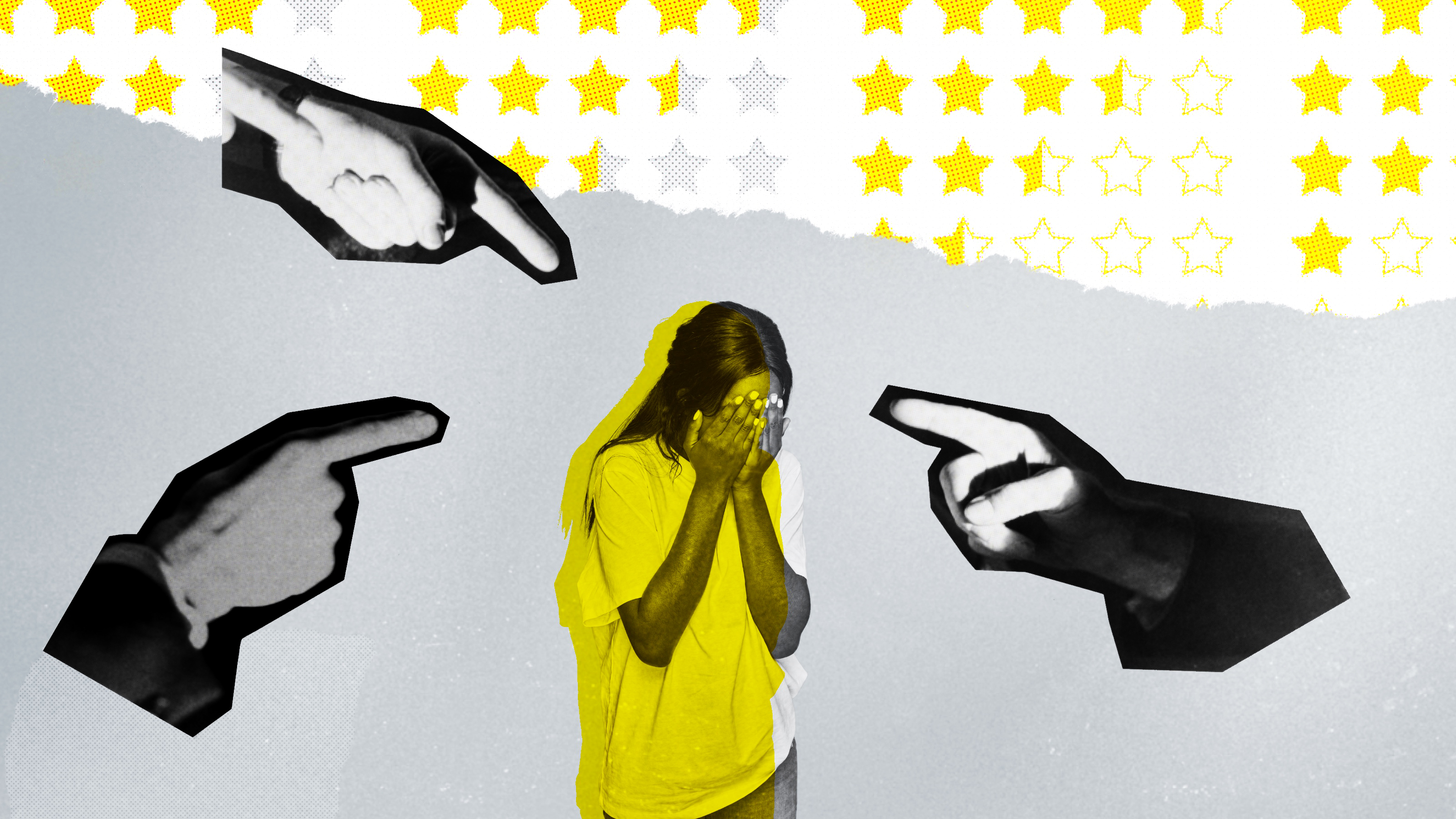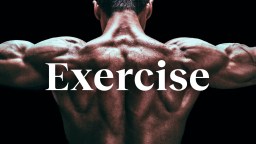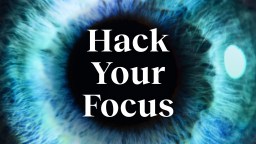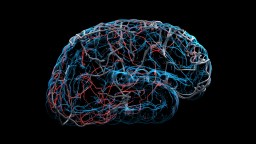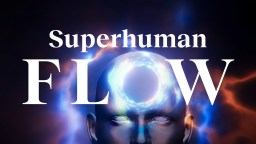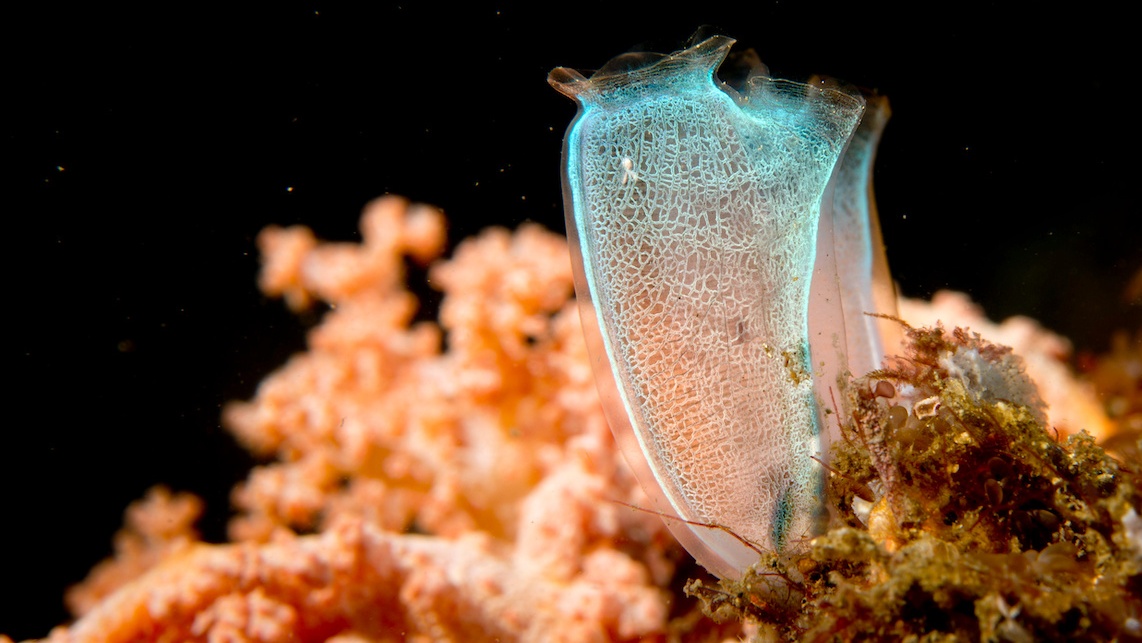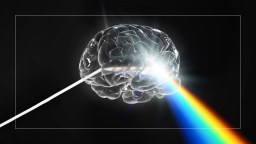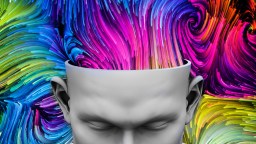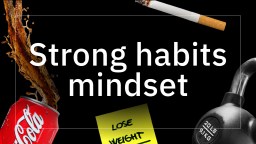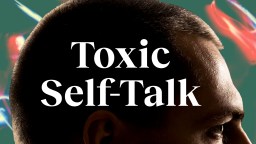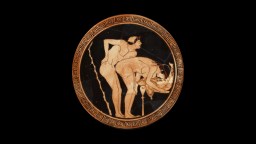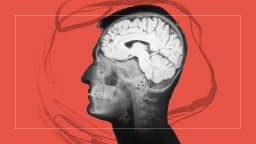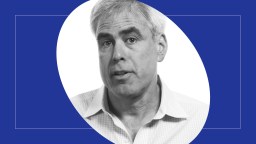health
Could studying the Oriental hornet lead to a treatment for people with alcohol use disorder?
Sometimes you just want to hear, “I know what it’s like.”
One dose of ibogaine was shown to dramatically reduce depression and PTSD.
Want to be more intelligent? Here’s why you should hit the gym, according to neuroscientist Wendy Suzuki.
▸
4 min
—
with
Exercise neuroscientist Wendy Suzuki explains how your brain can age gracefully and optimally — and it starts with just a 10-minute walk.
▸
4 min
—
with
Former Yale professor Dr. Morgan Levine shares 3 ways to change your diet to extend your life.
▸
5 min
—
with
Science can’t stop aging, but it may be able to slow our epigenetic clocks.
▸
7 min
—
with
Your chronological age and your biological age aren’t the same thing. This ex-Yale professor explains how to tell the difference.
▸
10 min
—
with
Your sexual education was probably inadequate. Here’s the information you always needed.
▸
9 min
—
with
The golden rule of self-compassion: Treat yourself with the same kindness you treat others.
Harvard professor Daniel Lieberman debunks the ‘10,000 steps per day’ myth.
▸
8 min
—
with
Black women are 3x more likely to die giving birth. Here’s one plan to fix that.
▸
7 min
—
with
Exercise culture is crazy. But what you need to do is exceedingly simple.
▸
with
A neuroscientist explains how to master your focus.
▸
7 min
—
with
Only 2% of Alzheimer’s is 100% genetic. The rest is up to your daily habits.
▸
9 min
—
with
Kids don’t always make you happier. Here’s why people have them anyway.
▸
5 min
—
with
There are two kinds of suffering. One is pure pain. The other makes life worth living.
▸
6 min
—
with
You can learn things 250% faster by unlocking your ‘flow state.’
▸
6 min
—
with
The plant-like sea creatures contain a molecule that improves memory, learning, and even hair quality, according to a new study in mice.
Practice doesn’t actually make perfect. Here’s the willpower equation necessary for elite athletes and musicians.
▸
4 min
—
with
How to unlock your brain’s natural antidepressants.
▸
4 min
—
with
There’s a psychological reason you haven’t created healthier habits in your life.
▸
with
Half our day is spent not living in the moment. Here’s how to change that.
▸
7 min
—
with
SIDS deaths have decreased worldwide, but research has yet to solve this medical mystery.
Are sex, drugs and rock ‘n’ roll actually good for you?
▸
8 min
—
with
He’s written 7 books on happiness. He’s studied it for 30 years. He even taught it at Harvard. What can Tal Ben-Shahar tell you about really being happy?
▸
3 min
—
with
Psychologist Daniel Goleman shares what he learned by studying the brain waves of Olympic-level meditators, and his findings are unprecedented.
▸
4 min
—
with
Is social media changing your memory? Here’s what the science actually says.
▸
3 min
—
with
Why studying happiness is good for your “psychological immune system,” explained by Harvard “happiness professor” Tal Ben-Sharar.
▸
3 min
—
with
These psychological principles can unlock your resiliency.
▸
6 min
—
with









